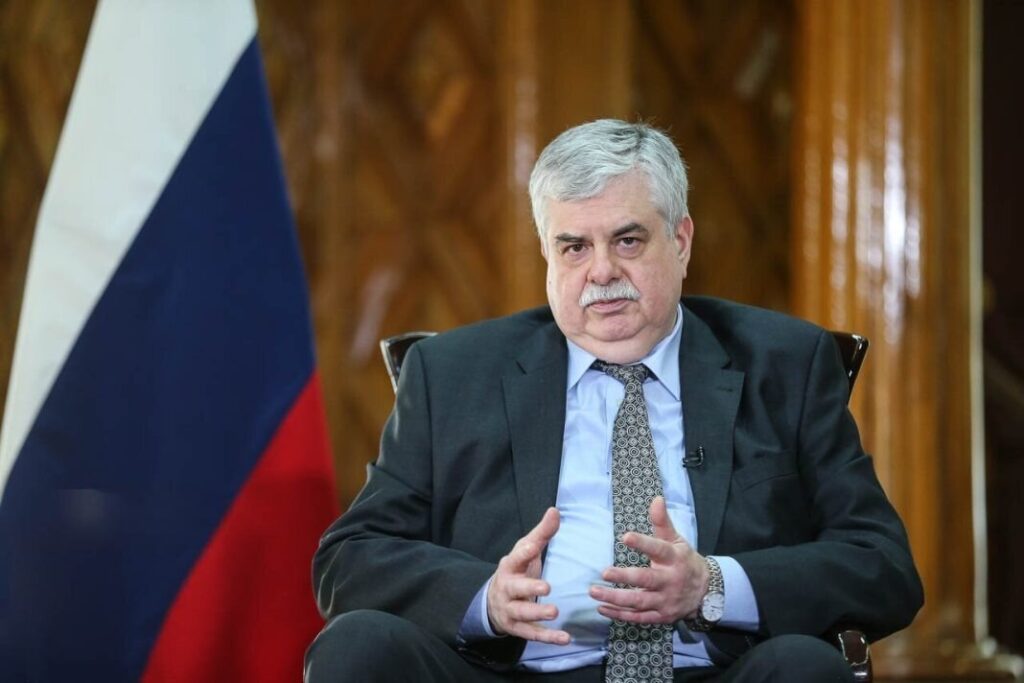TEHRAN – Iran and Russia have officially raised bilateral ties to a “comprehensive strategic partnership” that marks major changes in Eurasian geopolitics, according to Russian ambassador Alexei Dedov.
In an exclusive interview with Mehr News, the ambassador outlined key aspects of the upgraded alliance following the signing of the Landmark Intergovernmental Treaty during President Masoud Pezeshkian’s visit to Moscow in January 2025.
In his remarks to the Iranian media, the envoy described key aspects of the partnership, highlighting Western hegemony and mutually opposed foundations. “Our relationships are built on a tradition of good neighbors, mutual understanding and trust,” Dedov said, noting that the two countries share almost identical views on most global and regional issues.
The economic component of the partnership shows significant growth in bilateral trade with 13.29% increase in 2024. The ambassador highlighted the recent implementation of a free trade agreement between Iran and the Eurasian Economic Union as a major accelerator for future commerce. “We have established an independent payment infrastructure that can implement more than 95% of transactions in national currency,” Dedov explained, describing this as a direct response to US-led sanctions.
The development of infrastructure forms another pillar of cooperation, with both countries moving forward with the Rasht-Astara Railway project. This is an important link to the international north-south transport corridor. Nuclear energy cooperation continues at Bushehr, where Russian engineers are building two additional reactor units.
Perhaps most importantly, the treaty formalizes military cooperation at an unprecedented level. While arguing that such collaborations are in compliance with international law, Dedov has confirmed provisions for joint exercises, personnel training and mutual security consultations. The agreement contains provisions that prohibit either party from assisting an attacker against the other.
When asked about the potential impacts of US policy changes, especially under Trump’s second administration, Dedoff remained clear that “our strategic partnership is not subject to external fluctuations.” He repeatedly supported Russia’s Iran’s nuclear rights and praised Tehran’s “balanced position” in Ukraine.
The ambassador also revealed continued efforts to further fully integrate Iran, including organizations such as BRICS. “Other non-CIS countries do not hold our institutional synergy level,” Dedoff said, referring to Iran’s simultaneous participation in the state of SCO and EAEU observers.

